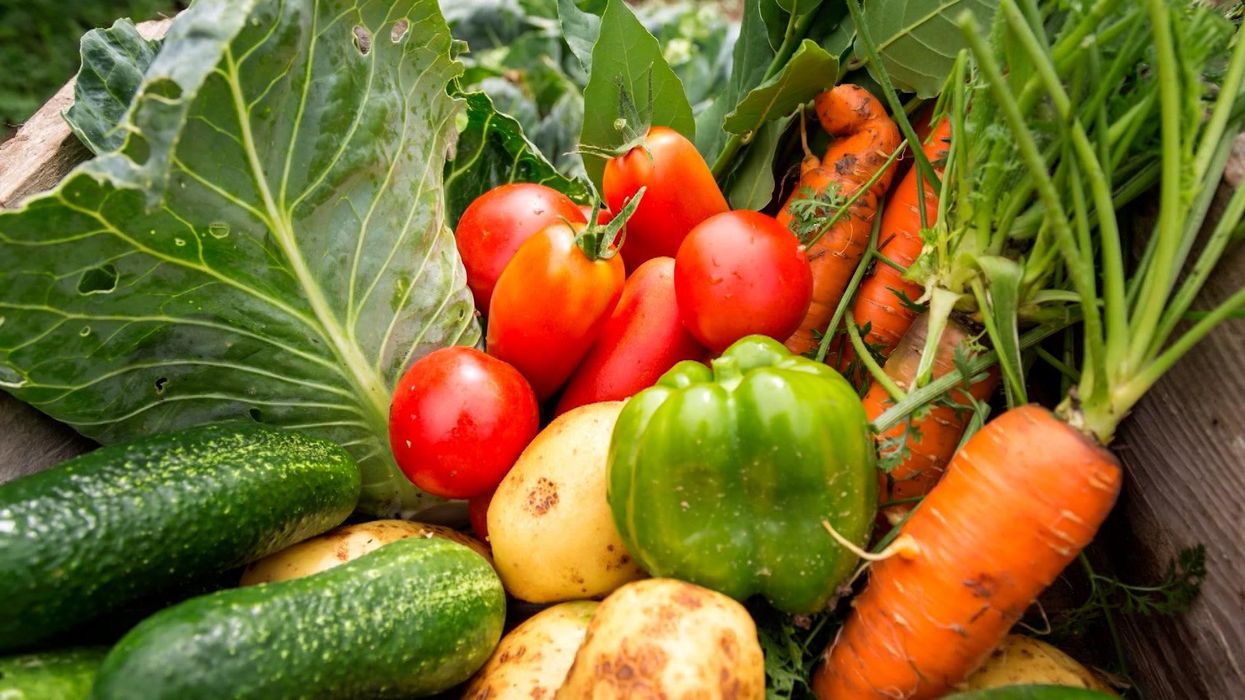Ariana Baio
Sep 20, 2022
La Niña Likely to Severely Impact Global Food Supply Chain
Video
A new study is warning people that a food chain collapse could be imminent due to animal extinction.
The food chain, or food web, is a network of links that shows how animals, plants, and humans interact via food. It informs how the smallest of organisms, like plankton, are necessary so larger predators, like whales, can survive.
But as animals continue to suffer from extinction, the food chain in interrupted. And now the study from Rice University is warning that the food chain could collapse.
Sign up for our free Indy100 weekly newsletter
“When an animal disappears from an ecosystem, its loss reverberates across the web of connections that link all species in that ecosystem,” lead of study and ecologist Evan Fricke said in a press release.
"We estimate that more than 50% of mammal food web links have disappeared and the mammals most likely to decline, both in the past and now, are key for mammal food web complexity.”
\u201cIf #bees disappear \u201cwe may lose all the plants that bees pollinate, all of the animals that eat those plants and so on up the food chain\u201d via BBC. \n\nYet @N_landCouncil still uses herbicides harmful to bees including around allotment sites. \ud83d\udc1d\u201d— Northumberland Climate and Nature (@Northumberland Climate and Nature) 1663670124
To find this, researches mapped data about the food chain from 130,000 years ago and taught the machine to map "who ate who" based on specific characteristics of species.
Once the machine learned the probability one species would prey on another, it was able to predict predator-prey interactions between species that have not been seen before.
Rice University ecologist, and the study's senior author, Lydia Beaudrot said the method could predict who-eats-who with 90 per cent accuracy.
The data was then charted and uncovered that the worldwide food chain is at risk of collapsing due to animal decline.
\u201cSee if there\u2019s anything you can do to help stop the insect decline. We are on the brink of a mass extinction and food chain collapse.\u201d— Kelly (@Kelly) 1610558077
"The modeling showed that land mammal food webs have degraded much more than would be expected if random species had gone extinct,” Fricke said.
“Rather than resilience under extinction pressure, these results show a slow-motion food web collapse caused by selective loss of species with central food web roles.”
However, there is hope.
Fricke says animal restoration in certain prats of the world reverse some effects and prevent others.
Have your say in our news democracy. Click the upvote icon at the top of the page to help raise this article through the indy100 rankings.
Top 100
The Conversation (0)
Sort by














